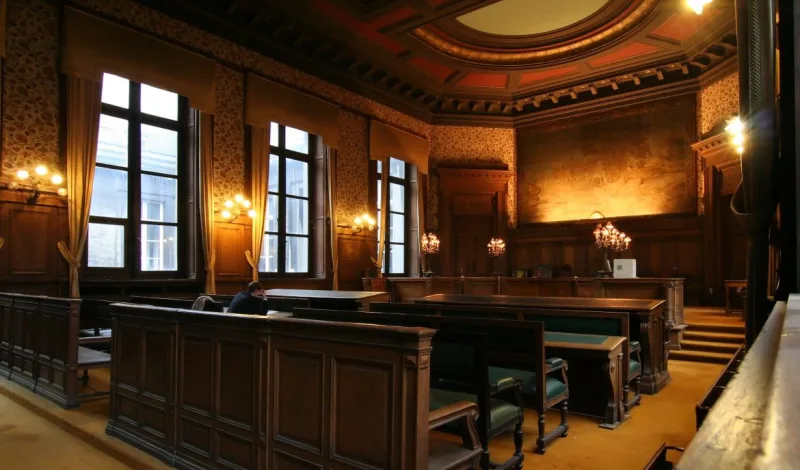On August 2, 2023, the Appellate Division, Second Department in Valencia v. Glinski, upheld the lower court’s decision that granted summary judgment to homeowner defendants dismissing the claims against them under the Labor Law though discovery had not yet been complete.
The defendants in this matter purchased a single-family residence in East Hampton. During renovations to the home, two plaintiffs were injured when scaffolding they were standing on collapsed. Consequently, an action was commenced to recover for personal injuries alleging violations of Labor Law §§ 200, 240, and 241. Defendants were granted summary judgment under the homeowner’s exemption of the Labor Law because they did not supervise or control the means and methods of the work performed. On appeal, the appellants argued, among other things, that the defendants’ motion was premature because discovery had not yet been completed.
In affirming the decision, the Appellate Court pointed to the well-established homeowner’s exemption under Labor Law §§ 240(1) and 241(6) which provides immunity for owners of one and two-family dwellings who contract for but do not direct or control the work. The Court noted that this exemption is applicable to second homes provided the owner does not use the single-family residence exclusively for commercial purposes.
Shortly after purchasing the home, defendants contracted to have renovations done. While the work was being performed, the defendants stayed with family in Port Washington but would use the home on the weekends. With one exception, they were never present at the home while work was being performed. They claimed they did not direct or control the work or provide any ladders, scaffolding, or other tools for the job.
In opposition, the appellants submitted an affidavit containing hearsay and self-serving statements about the defendants fixing the house up to sell it and conditions inside of the home making it appear that the home had not been used or occupied for months or years. Though the defendants did eventually sell the home because of a job transfer to California, they maintained that the home, prior to the accident, was only intended to be used as a residence for their family. The Court believed them dismissing the causes of action claiming violations of Labor Law §§ 240(1) and 241(6). Likewise, the Court dismissed the Labor Law § 200 and common-law negligence causes of action against the defendants because they did not possess the authority to supervise or control the manner in which the work was performed. The Court found the appellants’ argument that the motion was premature was without merit citing authority that mere speculation that sufficient evidence may be uncovered to defeat the motion is insufficient.
This case serves as a reminder of the strength of this exemption under the Labor Law and the timing in which relief under it can be sought.
Should you have any questions, contact John Diffley.



